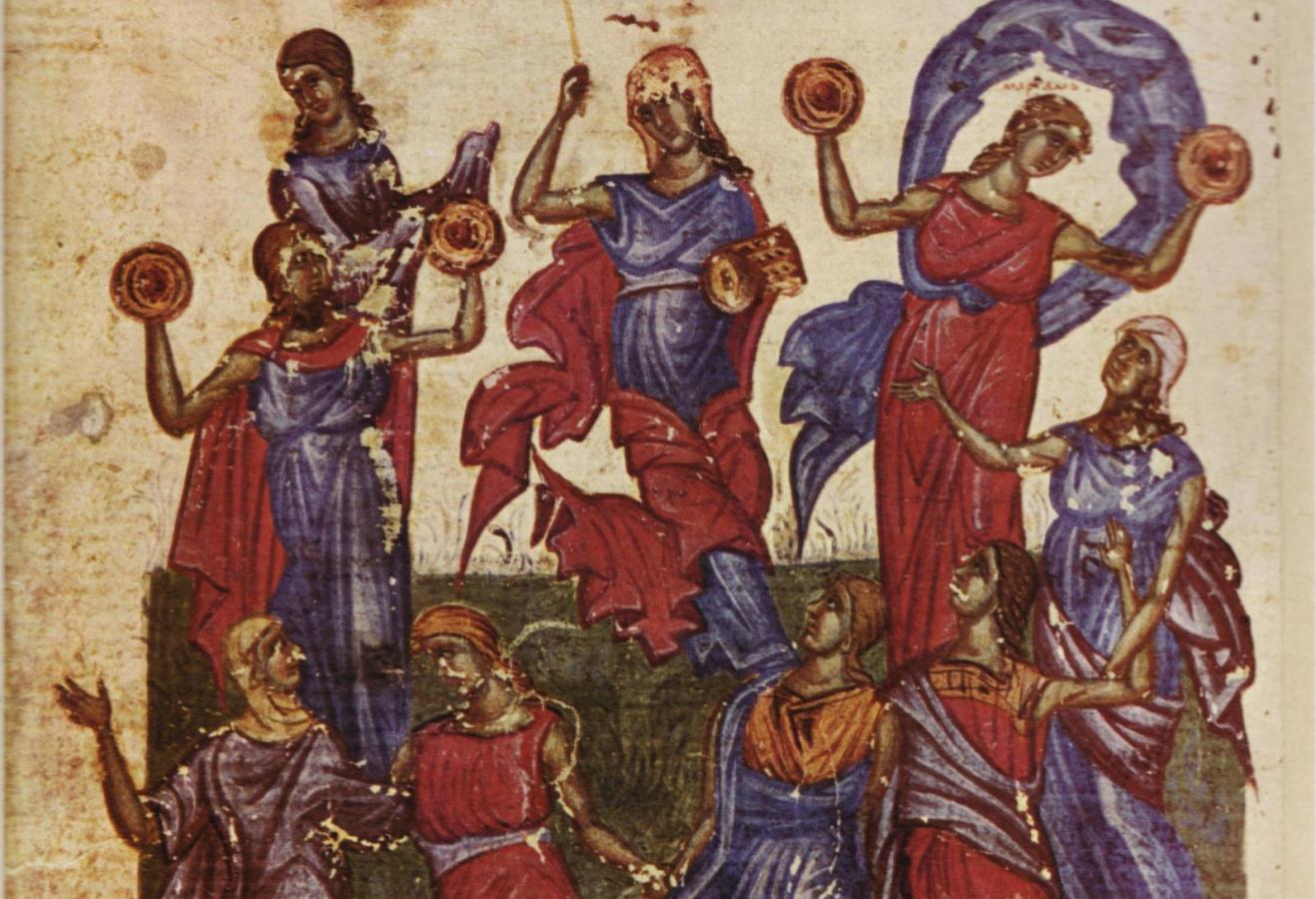I ran into my Jewish neighbor as we rolled out our post-Pesach (Passover) trash bins.
“Here we are,” she said, “women taking out the trash.”
“It’s more organized when we do it,” I said.
“That’s the truth,” she replied.
In our city, trash needs to be organized. Local laws require us to set out five separate bins: food scraps, glass recycling, paper recycling, plastic and metal recycling, and general unclassifiable trash. You should see my kitchen: With those five bins plus a laundry bag, it looks like a mini waste transfer station. Truth? I love it. When I clean the kitchen, I organize my mind in six dimensions.
Are my neighbor and I really more organized than our husbands or sons? Maybe not. We weren’t really comparing the two of us with the six of them.
Were we making a snide gendered joke? No; we were alluding to the challenge of homemaking during Passover. We led our families in cleaning our homes, changing our dishes and cooking for 50 guests each.
Are we gender essentialists? No. We know it’s inaccurate to ascribe personality traits to people by gender. But we are living into a social role. As middle-class mothers and wives in 21st-century North America, we are fashionable, professional and gently assertive. We are educated and elegant as we haul trash bins down the stairs. And we practice an ancient religion that historically delegates ritual responsibilities by gender.
“I have a question for you,” my neighbor said, “that you, in your vast rabbinic knowledge, can probably answer.”
“Ha!” I said, standing on the curb, my hands slimy from food scraps.
“Wait for the question!” She didn’t like my fashionably feminine self-deprecation. “Do you know anything about Jewish priestesses? Contemporary or historical? Teachers or books? My great-grandmother came to me in a dream and urged me to learn.”
“Yes!” I said, “You can study earth-based ritual at the Kohenet (priestess) Institute. You can learn practical women’s kabbalah at Rabbi Nadya Gross’s Wisdom School. You can read Savina Teubal’s book Sarah the Priestess about the first generation of Jewish women, or Rabbi Tirzah Firestone’s The Receiving about women Hasidic teachers, or…”
“So there are resources! So many Jewish women I know feel alienated from our tradition. Like there’s nothing there for them. They feel wounded, afraid to come to synagogue. We need to heal the wound.”
She is a yoga teacher and an energy healer. I’m a theology professor and a former synagogue rabbi. I go to synagogue and see many women there. Do we really live in two distinct professional bubbles?
“You spend so much time with people who are spiritual, not religious,” I said. “And I spend all day with people who love religion!”
And I thought, but didn’t say: My religious female colleagues and I live into the wound, every day. We enter the male-oriented world of religion. Study texts about men and their occasionally mentioned wives. Resist exclusively male images of God. Pull doctrinal theologians into the reality of spiritual care. Graciously accept crumbs of leadership. Ignore sexist jokes, gently resist harassment, and continue to believe in God.
Every day the wound heals a little bit and every day it bleeds again. All our learning, knowledge of feminist theology, and creative women’s rituals aren’t cures. They are healing regimens we must practice every day.
My neighbor’s bubble and mine are not so distinct. We spiritual and religious Jewish women do meet. We meet in an embodied life of family, holidays, trash bins, and food scraps. We are priestesses of the daily rituals that give life meaning and structure.
We don’t need an essentialist theory to know that our lives evoke a women’s spirituality. We do need to keep talking across professions, traditions, and generations if we hope to understand it – and celebrate it.


